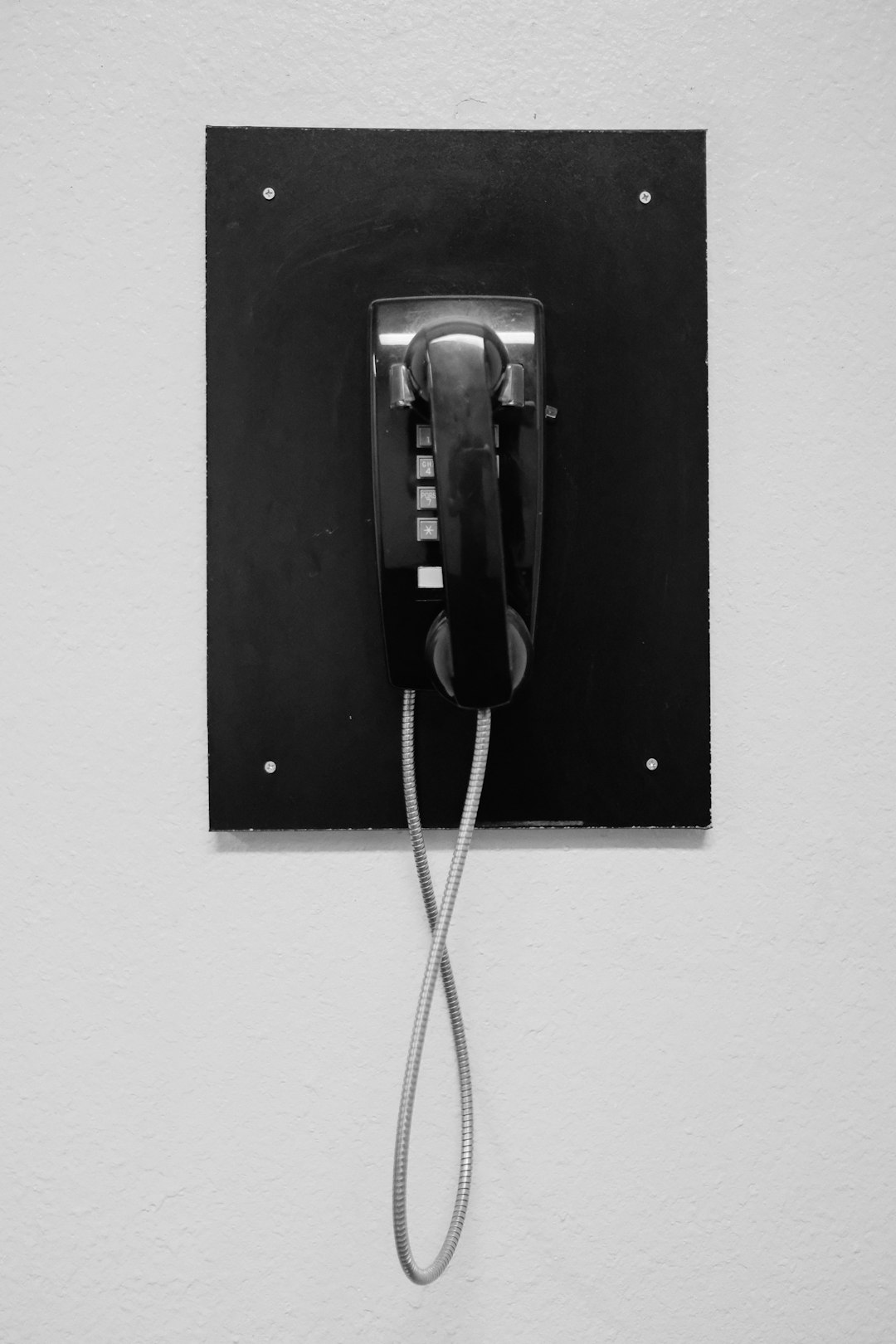Utah's H B 20 significantly reforms debt collection practices, prioritizing consumer protection with strict rules on calling law firms (Do Not Call policy) and requiring written debt validation. The legislation promotes transparency, respect, and compliance, addressing harassment concerns. It sets clear guidelines for creditors and collectors, reshaping the operating environment for both debt collectors and law firms within the state. Consumers enjoy enhanced protections against aggressive collection tactics, with restrictions on phone calls to personal or work phones and disclosure of private information. Law firms must respect consumer opt-out rights, implement strategies for compliance, and explore alternative communication channels to retain clients.
“Utah’s House Bill (H) 20 has reshaped the state’s debt collection landscape, introducing significant changes to protect consumers and regulate collection practices. This article provides a comprehensive overview of the key amendments brought about by H B 20, focusing on its impact on debt collectors, law firms, and consumer rights. We’ll delve into the new rules regarding do-not-call provisions, ensuring compliance, and the overall effects on the industry. Stay informed to navigate these evolving regulations effectively.”
Understanding Utah's H B 20: A Summary of Key Changes in Debt Collection Practices

Utah’s H B 20 is a significant piece of legislation that brings about substantial changes in the state’s debt collection practices. This bill aims to protect consumers from aggressive and unfair debt collection tactics, while also establishing clear guidelines for creditors and collectors. Key amendments include restrictions on when and how debt collectors can contact consumers, particularly prohibiting calls to law firms unless specifically authorized.
Additionally, H B 20 mandates that collectors provide written validation of debts upon request, ensuring transparency and accurate information sharing. It also introduces stricter rules regarding the frequency and manner of collection attempts, aiming to prevent harassment and ensure a more respectful and compliant debt collection environment in Utah.
The Impact on Debt Collectors and Law Firms: What You Need to Know

The new Utah H B 20 debt collection regulations significantly alter the landscape for debt collectors and law firms operating in the state. These changes aim to protect consumers from aggressive collection practices, but they also present challenges for industry professionals. Debt collectors must now adhere to stricter rules regarding communication methods, especially when reaching out to debtors, with a focus on respecting their privacy and avoiding unwanted calls, particularly to law firms. This means adapting strategies to ensure compliance while maintaining effective debt recovery processes.
For law firms handling debt collection cases, the legislation introduces new obligations. They are required to provide clearer disclosures to clients about the legal process and fees involved. Additionally, these firms must establish robust internal practices to ensure they meet the ethical standards set by the new laws. This may involve updating their client intake procedures, enhancing training for staff, and implementing systems to track interactions with debtors, especially when communicating through phone calls or emails.
New Rules for Consumer Protection: Rights and Expectations Under H B 20

Under Utah’s new H B 20, consumers have been granted significant protections against aggressive debt collection practices. The legislation aims to ensure fair treatment and respect for individuals’ rights while dealing with debt collectors. One of the key changes is the restriction on phone calls to consumer’s personal or work phones, often a source of distress for many. Debt collectors must now adhere to a “do not call” policy, similar to those used by telemarketers, which allows consumers to opt-out of direct telephone communication.
Additionally, H B 20 outlines clear expectations for debt collectors regarding the information they can share and when. They are prohibited from disclosing private or sensitive details unless authorized by the consumer. This includes sharing personal information with third parties or using aggressive tactics like threatening legal action without intent to follow through. Consumers now have more control over how their debt-related matters are handled, promoting a healthier and less stressful environment for managing financial obligations.
Navigating the Do Not Call Provisions: Strategies for Compliance

Navigating Utah’s Do Not Call provisions is crucial for debt collection law firms to ensure compliance and maintain client relationships. The state’s legislation restricts direct marketing calls, granting consumers the right to opt-out of receiving such communications. Law firms must implement robust strategies to respect these rights while still effectively managing their caseload. One approach involves segmenting call lists, prioritizing legitimate contacts, and ensuring thorough documentation of consumer preferences.
To remain compliant, law firm staff should be trained on identifying and honoring “Do Not Call” requests promptly. Automated systems for tracking opt-outs and implementing temporary or permanent call restrictions can streamline the process. Additionally, utilizing alternative communication channels like email or text messages—with explicit consent—can mitigate potential issues. Regular reviews of call records and consumer feedback further ensure adherence to Utah’s Do Not Call law, fostering a positive reputation among clients.






